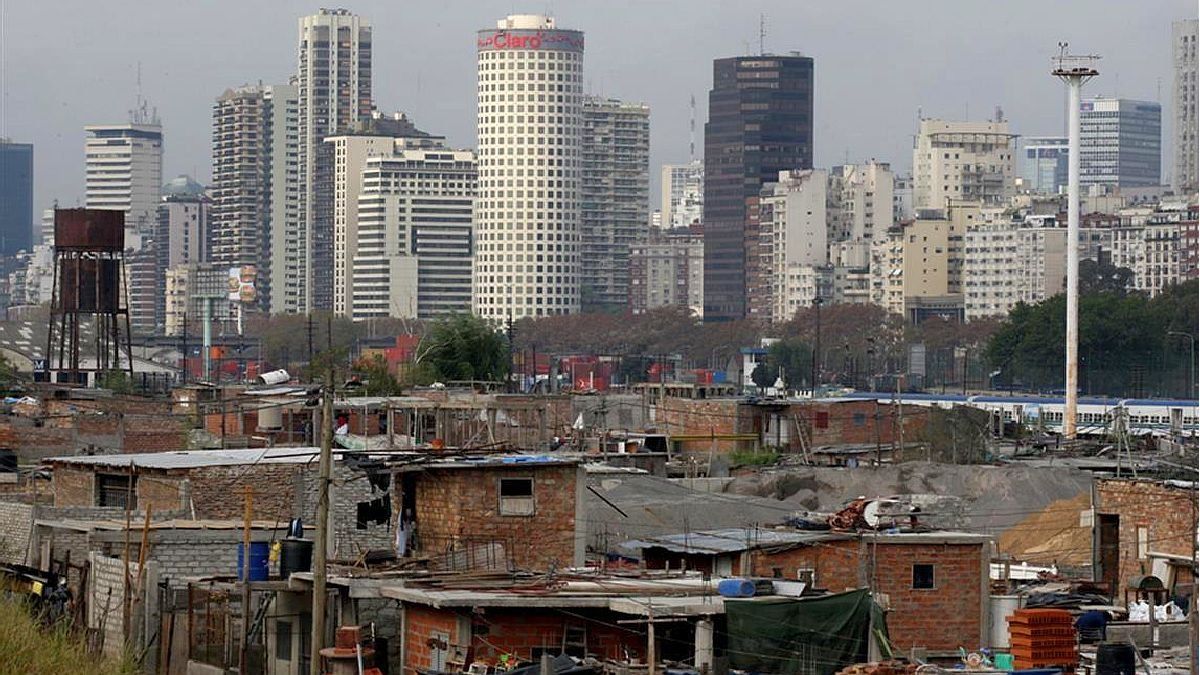During the European Football Championship, there were stricter border controls to prevent unauthorized entry. The CDU/CSU and FDP want to extend this. But the police have a problem with this.
FDP parliamentary group leader Christian Dürr is pushing for the border controls that were tightened during the European Football Championship to be extended. He told the Funke media group that this would be “very effective” in “catching those who want to enter the country illegally”. Dürr is thus following a demand from the interior ministers of the CDU/CSU-led federal states. But now there is opposition from the Police Union (GdP) – and thus from the Federal Police itself.
Andreas Roßkopf, head of the GDP Federal Police department, said in an interview that “the border controls worked 100 percent during the European Championships. But it is not sustainable to protect the borders with this intensity in the long term,” he explained to the editorial network Germany (RND). The Federal Police are deployed with 22,000 officers every day during the European Championships.
The Federal Police already lacks money
In any case, the Federal Police are already short of 500 million euros in their budget this year, Roßkopf continued. They do not have the necessary equipment for flexible, modern border controls with surveillance drones and mobile containers. Roßkopf called for a special fund for internal security “this year”, similar to the Bundeswehr. However, this is a pious wish given the current budget situation.
Federal Interior Minister Nancy Faeser (SPD) had notified the European Union of controls at all borders until July 19 because of the European Championship. The tournament ends on Sunday with the final between England and Spain in Berlin.
Interim assessment of border controls
A few days ago, a spokesman for the Interior Ministry published figures on the increased border controls for the period from June 7 to 27: According to the figures, around 600 outstanding arrest warrants were executed and around 150 people smugglers were provisionally arrested. In around 3,200 cases, there were “measures to prevent entry.”
The Federal Ministry of the Interior pointed out that the borders in the Schengen area should not be constantly monitored. This would only be possible if there was a serious threat to internal security. The instrument should also only be used for a limited period of time and as an ultima ratio (last resort), explained a spokesperson.
Special controls already apply at all borders
However, there are already several measures in place to increase control: for example, the federal police have long been using the permitted instrument of undercover surveillance at the borders with Denmark, the Benelux countries and France to combat cross-border crime. This will be continued, said a spokesperson for Nancy Faeser.
In addition, the Federal Ministry of the Interior announced at the end of May that it would extend the stationary controls at the land borders with Poland, the Czech Republic and Switzerland, which have been in force since autumn 2023, by six months until December 15th. The reason given was to combat people smuggling and limit irregular migration. The border controls at the German-Austrian land border have been in place since autumn 2015 and are scheduled to last until November 11th.
Dürr called for a drastic limitation of migration in principle. The real goal must be “that no one comes to Germany who has neither the right to asylum nor refugee status,” said the FDP parliamentary group leader.
Source: Stern
I have been working in the news industry for over 6 years, first as a reporter and now as an editor. I have covered politics extensively, and my work has appeared in major newspapers and online news outlets around the world. In addition to my writing, I also contribute regularly to 24 Hours World.




